 |
| photo: Hobbes Ginsberg |
Cat Fitzpatrick is the editrix at LittlePuss Press (a new feminist press run by two trans women). She wrote the poetry collection Glamourpuss (Topside Press) and co-edited the Stonewall Award-winning anthology Meanwhile, Elsewhere: Science Fiction and Fantasy from Transgender Writers (LittlePuss Press). Her first novel (in rhyme), The Call-Out (Seven Stories Press, October 25, 2022), is a tragicomedy of manners.
Handsell readers your book in 25 words or less:
A typical high-society comedy of manners in sparkling rhymed verse but, instead of high society, it's weirdo transsexuals and, instead of manners, it's justice.
On your nightstand now:
Diana Hamilton's God Was Right. Imagine if Anne Carson was coherent! And likable.
John Keene's Punks. Such Range! Such Virtuosity! Such Homosexuality!
Geoffrey Chaucer's Troilus and Criseyde. My favourite book, rereading again. I <3 Criseyde. False whores 4ever.
Favorite book when you were a child:
At age 4: There's a Hippopotamus on Our Roof Eating Cake [by Hazel Edwards] in which a girl attributes all occurrences to the intervention of a hippopotamus, whose existence adults cannot verify. At the time, I read it to mean: adults are incurious and mistaken and the hippo is real. I stand by this interpretation.
At age 8: The Secret Island, Enid Blyton's best book. No mystery, no solution. Just children running away from bad adults and learning to survive together on an island in a lake. This is objectively the best children's book plot.
Your top five authors:
Okay, alive ones:
Jeanne Thornton. Summer Fun is so good and big and deep and coherent and kind and humanistic. I know no one is trying to write the Great American Novel anymore, except Jonathan Franzen, but Jeanne Thornton actually did it and it's GAY. Maybe you can only do something like that if you're not trying to.
Susanna Clarke. When Piranesi came out, I got it for Christmas and I also got a bottle of 2008 Rudolf Fürst Centgrafenberg Pinot Noir. And on Saint Stephen's Day I got in the bath and read the whole book and drank the whole bottle in one sitting and I think I really did enter a parallel universe.
Kazuo Ishiguro. Yes, he already won the Nobel Prize, but sometimes people who win prizes and get famous are good too.
Sybil Lamb. TRUE Outsider Literature, I've Got a Time Bomb is the deepest, most picaresque and insane yet fathoming trawl through the chaos and destitution of North America available to the reading public. Also no one can abuse a grammatical structure the way Lamb can. It is like watching porn or gymnastics.
Shola von Reinhold. Lote is a novel about an overdressed con artist faking her way into a racist conceptual art residency, but it's also an overwhelmingly gorgeous argument for the political necessity of ornament, excess, aestheticism and historical obsession as a progressive force of joy. No exaggeration: I have been waiting for a book like Lote all my life, and now the way forward is clear.
For dead authors, I'll say Chaucer, Gawain Poet, Rochester, Byron, Barrett Browning. Comic verse narrative is the greatest historical genre BRING IT BACK oh wait I did.
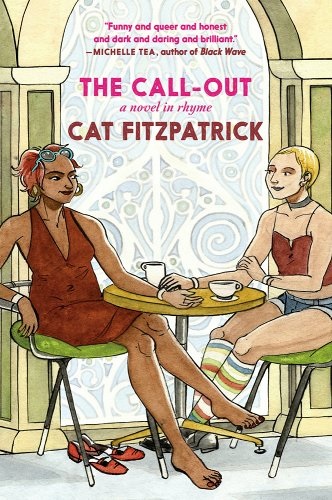 Book you've faked reading:
Book you've faked reading:
SO MANY. Okay, fine: How to Talk About Books You Haven't Read by Pierre Bayard.
Book you're an evangelist for:
Cecilia Gentili's memoir, Faltas: Letters to Everyone in My Hometown who Isn't My Rapist, which I edited for LittlePuss. Trans memoirs (the only genre of trans writing cis publishers would historically accept) have always been about displaying trans lives for a cis audience. Look: my surgeries, my dysphoria, my pathetic need for you to accept me. Cecilia mentions none of this. Instead, she turns a ruthless trans gaze on the cis, straight, Catholic Argentinian society she grew up in, stripping away its pretenses, revealing its crimes, from gossip, to fraud, to murder, to worse. I have never read a book that manages to be so funny about such pain.
Book you've bought for the cover:
Bishakh Som's Apsara Engine. What an artist! Contents are good too.
Book you hid from your parents:
They hid it from me first! Erica Jong's Fanny, which I found concealed in their wardrobe, and stole and which introduced me to lesbian BDSM. Thanks, ma!
Book that changed your life:
UGH. Okay. Nevada by Imogen Binnie. It didn't make me realise I'm trans, like it apparently did for everyone else (I'd already been trans for, like, 13 years), but it did make me go: whoever published this, I need to be part of it, which led to me joining Topside Press, which led to me starting LittlePuss Press with Casey Plett, which led to me repeatedly throwing literally the biggest transsexual parties ever at my house. Great result.
Favorite line from a book:
Let's say Hopkins: "Glory be to God for dappled things."
Five books you'll never part with:
Is this about physical copies? Certainly, The Riverside Chaucer I received as a school prize with my dead name on the bookplate and which I am constantly trying to prevent the final disintegration of. My copy of Claudia Roden's The Book of Jewish Food, the greatest cookbook ever, with all its many suggestive memorious stains. The small, gorgeous art book about Renaissance miniatures, written in Italian, which I and my BFF, Benjamin Crabstick, stole in our youth from a horrible bar where it was being used as *decoration*. The copy of Moscow to the End of the Line I stole from Benjamin Crabstick and which I know he still wants back. And most of all, my complete set of Terry Pratchett books with the old cover designs. If I had to pick one, it would be Reaper Man, with its cover that is a memento mori parody of Bruegel's The Harvesters.
Book you most want to read again for the first time:
I read Middlemarch for the first time when I was 12, and I have never before or since felt such glee at anything. Then and there I dedicated my life to literature. I would do it again.
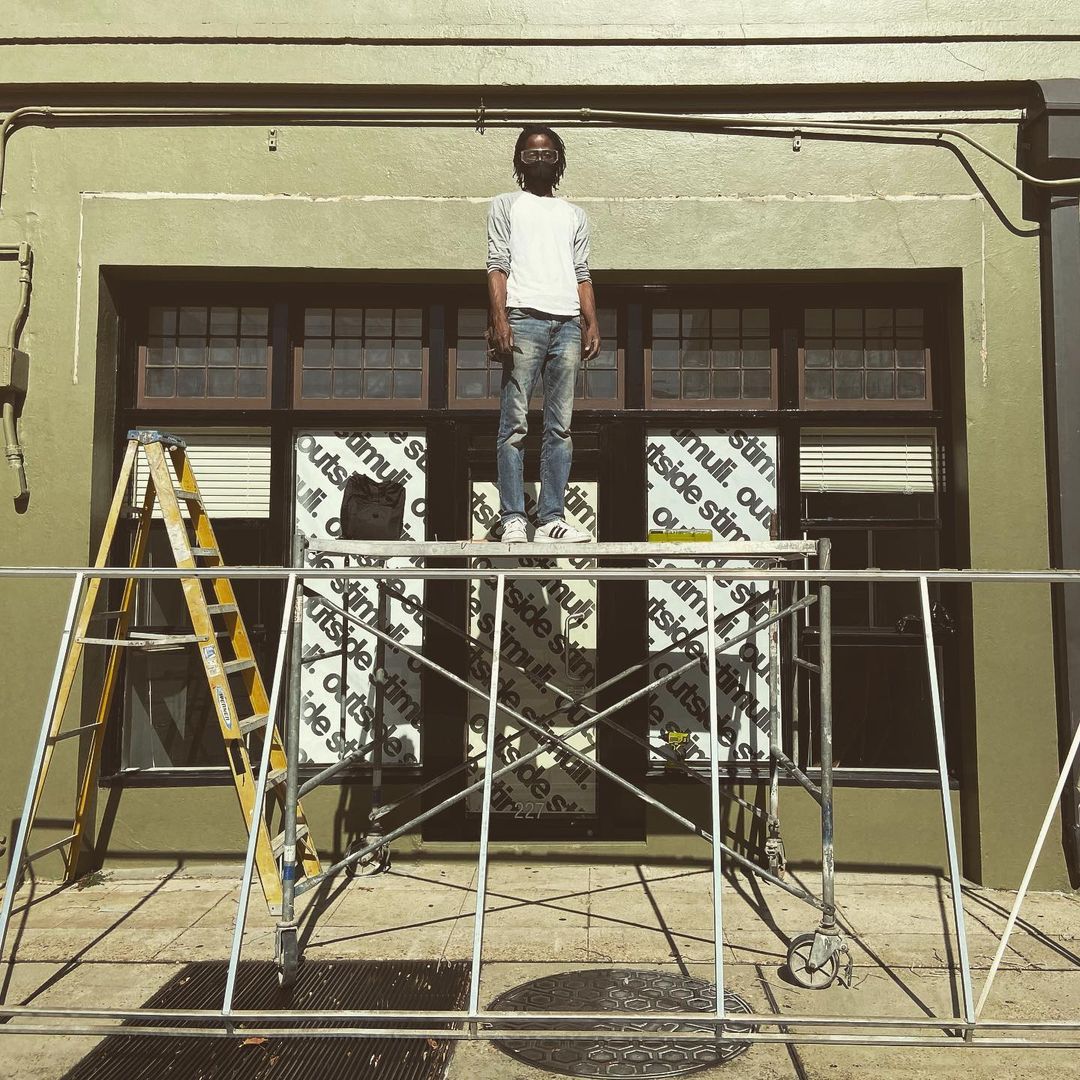
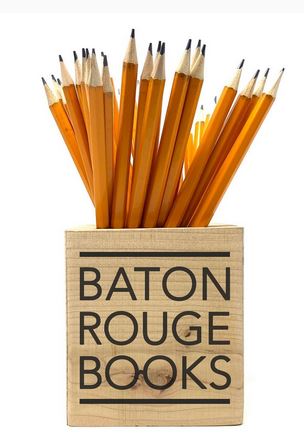











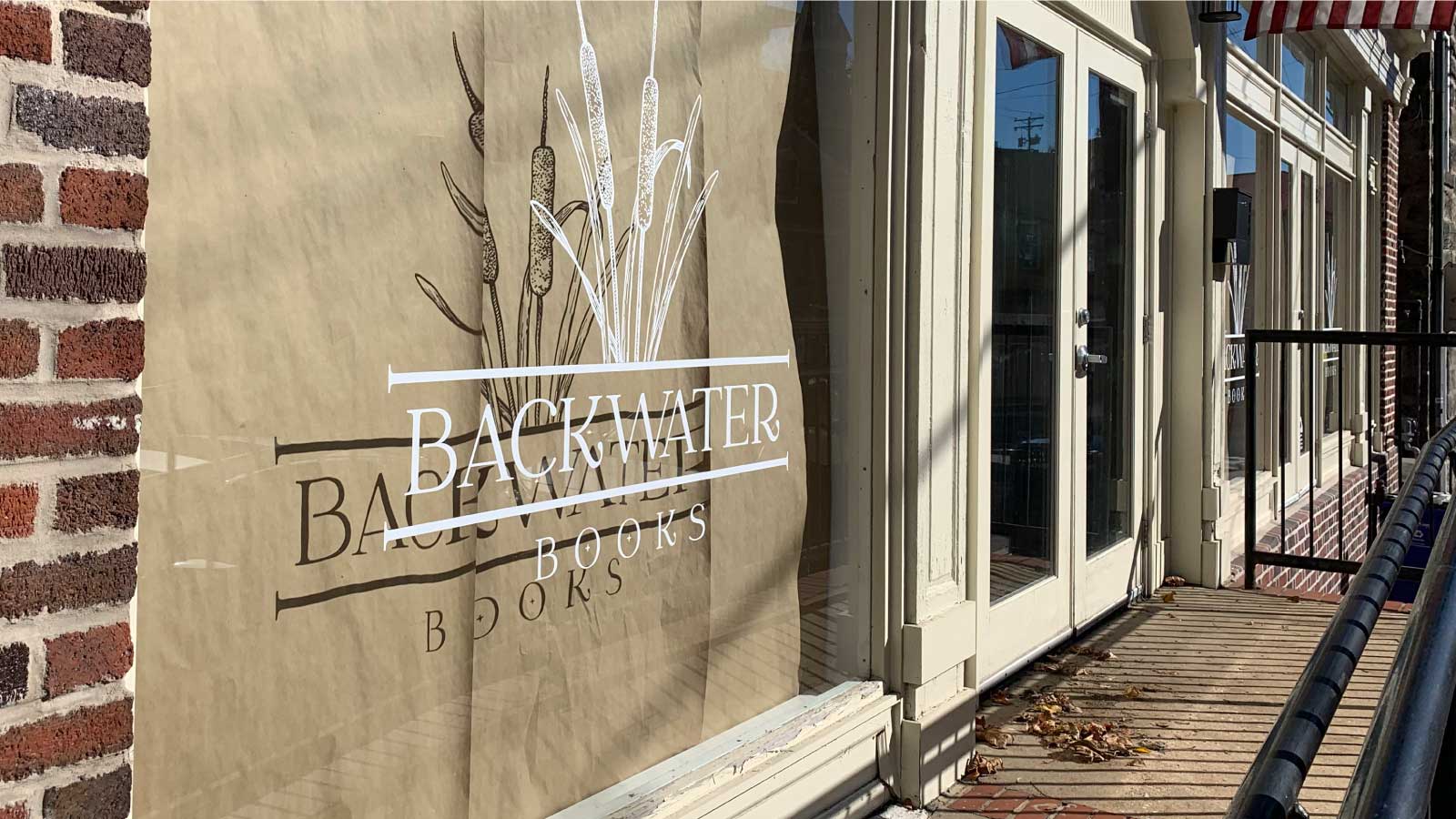



 The group raised CHF565,000 from a range of sources, including federal states, cities and towns, and public and private foundations, and the five associations contributed nearly CHF50,000. The money went to finance the value of the coupons as well as cover operating costs, which included the "bank notes," point-of-sale material, posters, bookmarks, social media, a website, and author remuneration for appearances at events supported by LIBER. Funds were also used to support directly authors and their publishers.
The group raised CHF565,000 from a range of sources, including federal states, cities and towns, and public and private foundations, and the five associations contributed nearly CHF50,000. The money went to finance the value of the coupons as well as cover operating costs, which included the "bank notes," point-of-sale material, posters, bookmarks, social media, a website, and author remuneration for appearances at events supported by LIBER. Funds were also used to support directly authors and their publishers.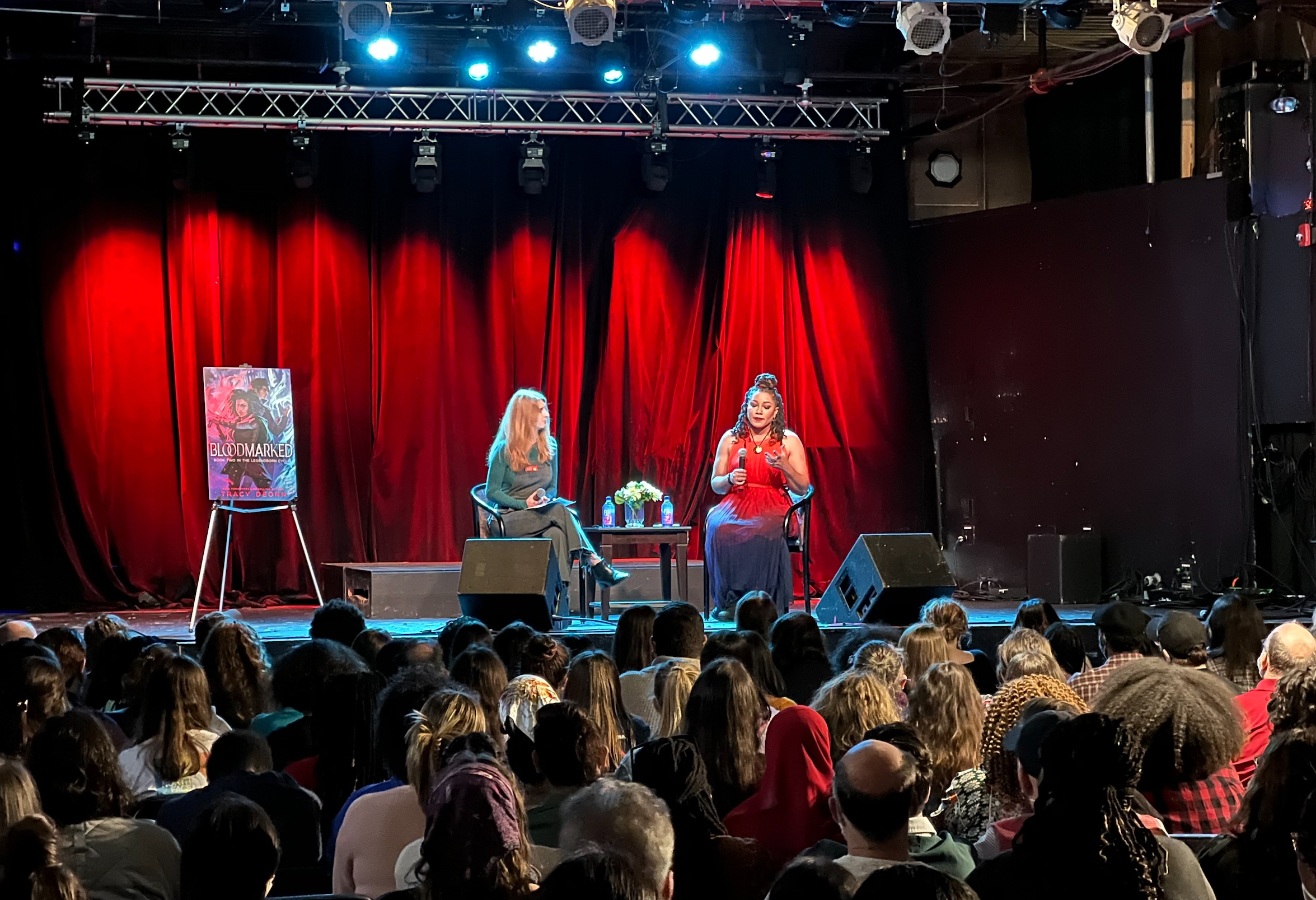
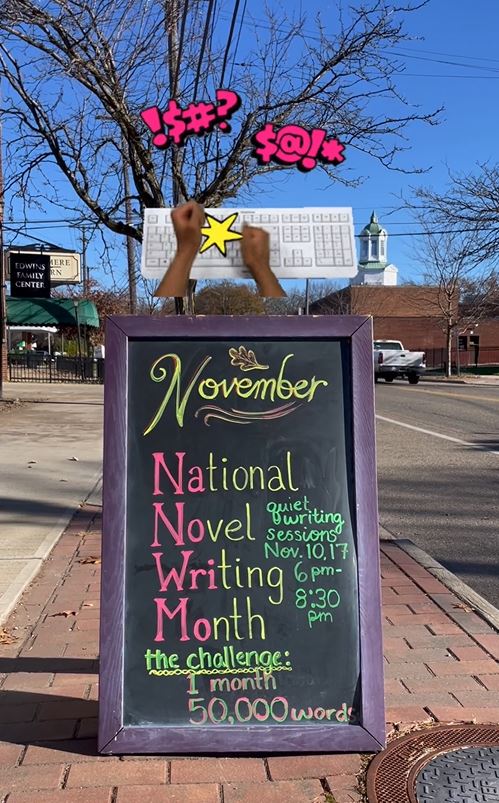
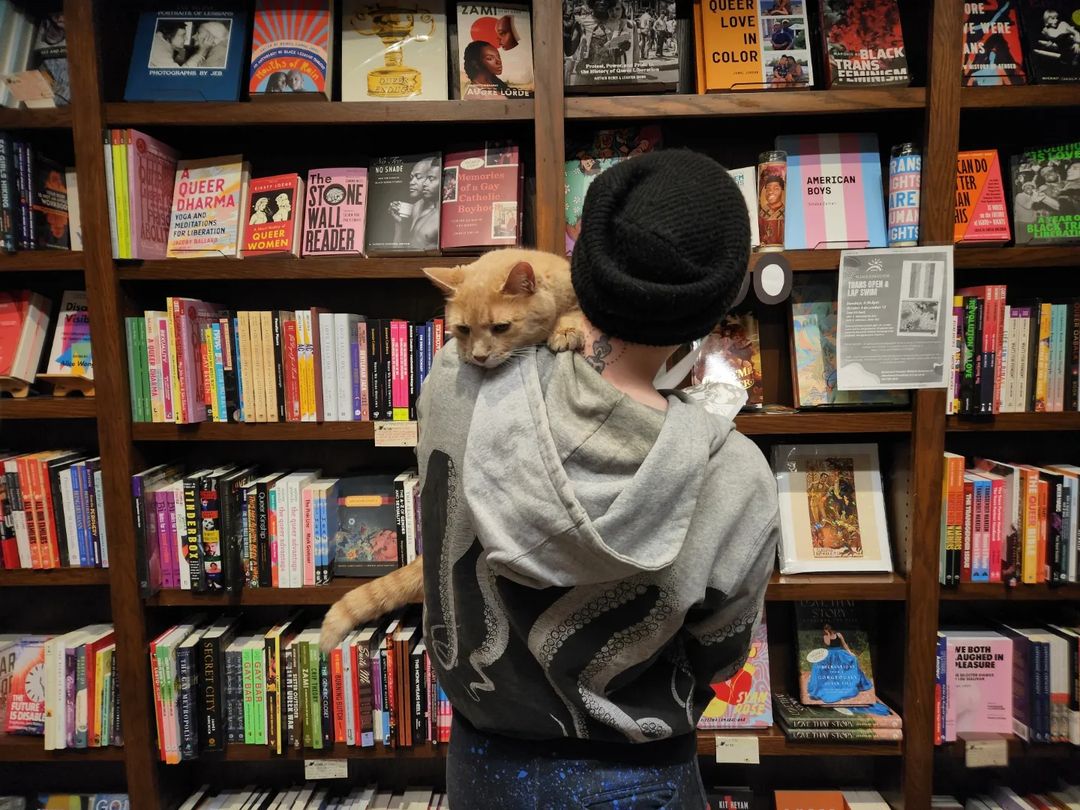 "
" A Wish for Winter
A Wish for Winter
 Book you've faked reading:
Book you've faked reading: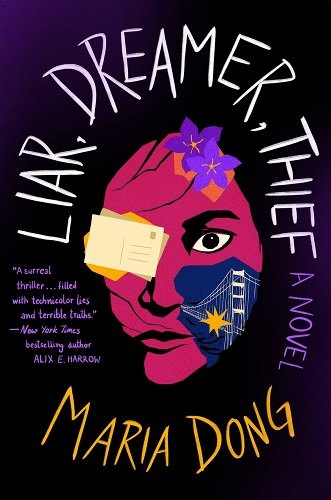 Maria Dong's debut novel, Liar, Dreamer, Thief, is a masterfully harrowing adventure for both reader and narrator. Katrina Kim is 24 years old and struggling to keep it together. She's not great at her temp job at an insurance company; she has no real friends other than her mostly absent roommate; she relies on rituals involving geometry and prime numbers to feel safe from her shapeless, apparently irrational fears; she frequently imagines herself into the magical world of her favorite children's book or the classical works of music she once performed. She argues that she is not stalking her coworker Kurt, but readers will suspect this may be semantics. She has $45 in her bank account and her parents haven't spoken to her in years. Readers may assume Katrina is struggling with an undiagnosed mental illness, drawing endekagrams (a star polygon with 11 points) to help her get through the days--until she happens to watch Kurt jump off her favorite bridge, while shouting that it is all her fault.
Maria Dong's debut novel, Liar, Dreamer, Thief, is a masterfully harrowing adventure for both reader and narrator. Katrina Kim is 24 years old and struggling to keep it together. She's not great at her temp job at an insurance company; she has no real friends other than her mostly absent roommate; she relies on rituals involving geometry and prime numbers to feel safe from her shapeless, apparently irrational fears; she frequently imagines herself into the magical world of her favorite children's book or the classical works of music she once performed. She argues that she is not stalking her coworker Kurt, but readers will suspect this may be semantics. She has $45 in her bank account and her parents haven't spoken to her in years. Readers may assume Katrina is struggling with an undiagnosed mental illness, drawing endekagrams (a star polygon with 11 points) to help her get through the days--until she happens to watch Kurt jump off her favorite bridge, while shouting that it is all her fault.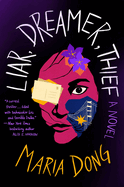
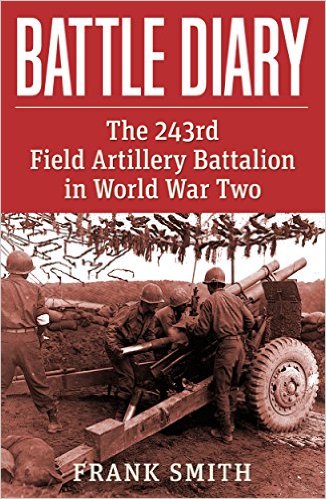 There's one book, however, that does connect me to the 23-year-old poor kid from Castleton, Vt., who'd been working for the Vermont Marble Co. in a quarry before he was drafted. Captain Frank Smith's Battle Diary: The 243rd Field Artillery Battalion in World War Two was self-published in 1946, and a copy sent to everyone in the battalion, with their names and home addresses listed in an index. It's really an edited version of daily after action reports. I've read it many times.
There's one book, however, that does connect me to the 23-year-old poor kid from Castleton, Vt., who'd been working for the Vermont Marble Co. in a quarry before he was drafted. Captain Frank Smith's Battle Diary: The 243rd Field Artillery Battalion in World War Two was self-published in 1946, and a copy sent to everyone in the battalion, with their names and home addresses listed in an index. It's really an edited version of daily after action reports. I've read it many times. 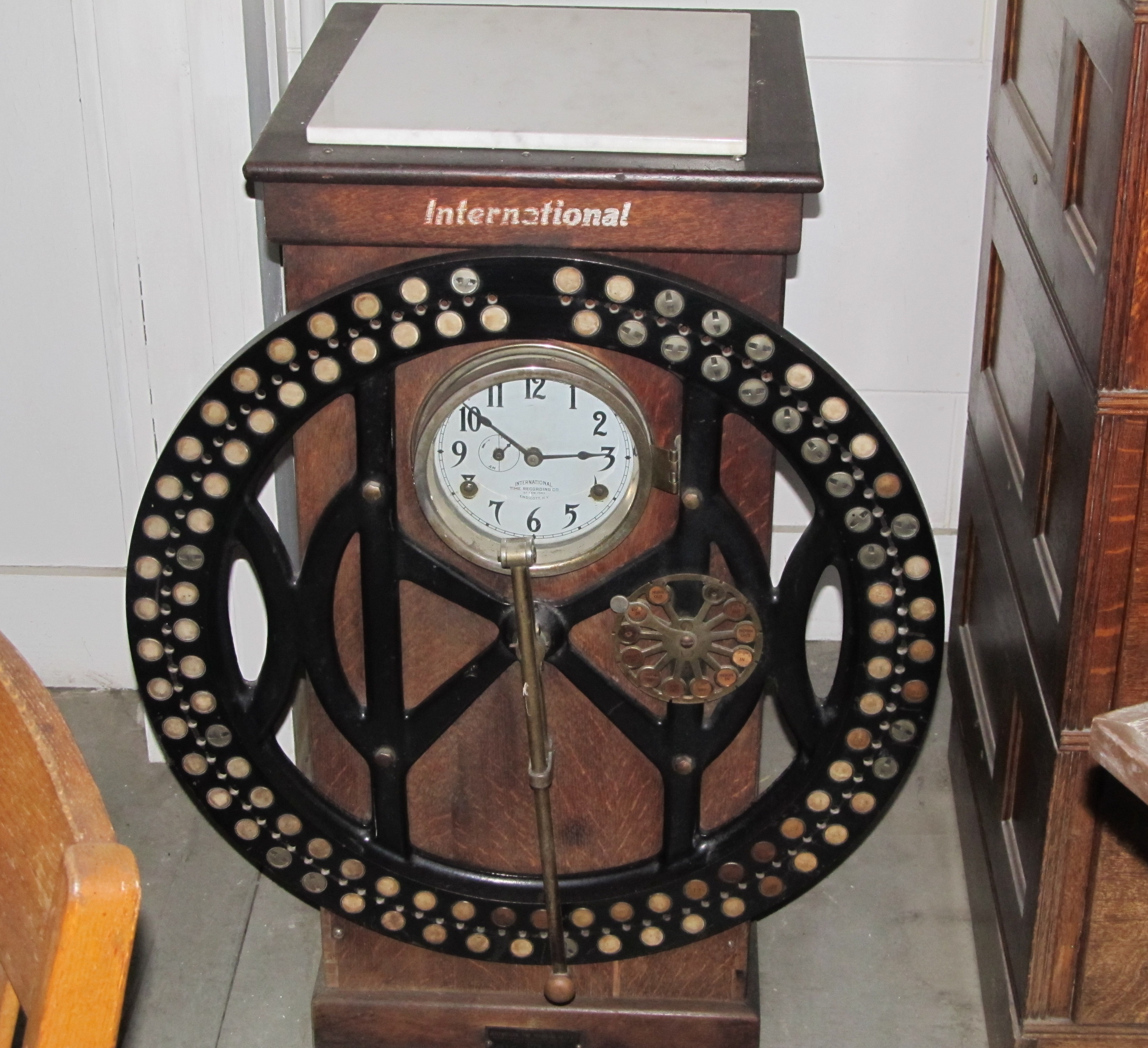
 The museum also has an exhibit depicting the origin story for the Tomb of the Unknown Soldier. Vermont Marble Co. workers quarried, sawed and fabricated those blocks, then delivered them by rail to Arlington National Cemetery in 1931 to be assembled and finished.
The museum also has an exhibit depicting the origin story for the Tomb of the Unknown Soldier. Vermont Marble Co. workers quarried, sawed and fabricated those blocks, then delivered them by rail to Arlington National Cemetery in 1931 to be assembled and finished.